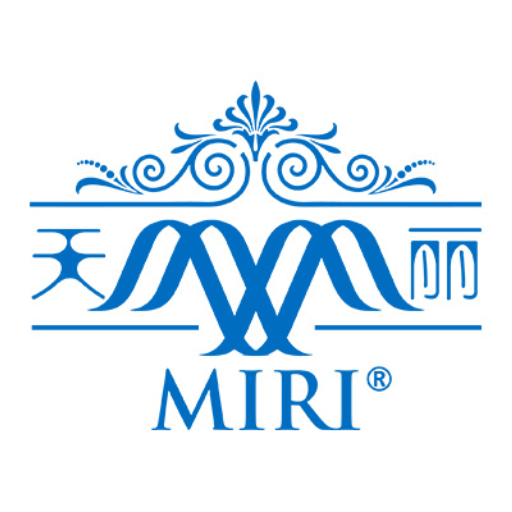Collagen: Empowering Women’s Joint Mobility and Menopause Comfort Naturally
As women navigate the various stages of life, maintaining joint health becomes increasingly important, especially during menopause when hormonal shifts can lead to discomfort and reduced mobility. Collagen, the most abundant protein in the body, plays a pivotal role in supporting connective tissues, including joints, tendons, and ligaments. This essential building block helps preserve elasticity and strength, promoting overall joint mobility and comfort. In this post, we’ll explore how collagen contributes to women’s wellness, particularly in alleviating menopause-related joint aches, and share practical ways to incorporate it into your routine.
Understanding Collagen’s Role in Joint Health
Collagen forms the structural framework for cartilage, the cushioning tissue that protects joints from wear and tear. As we age, natural collagen production declines, which can result in stiffness, pain, and inflammation. For women, this decline accelerates during menopause due to dropping estrogen levels, which normally help maintain collagen integrity. Research indicates that supplementing with collagen can improve joint function by reducing pain and enhancing flexibility, allowing women to stay active and enjoy daily activities without discomfort.
Consider how collagen supports not just joints but also the broader musculoskeletal system. It aids in repairing damaged tissues and may reduce the risk of conditions like osteoarthritis, a common concern for postmenopausal women. By boosting collagen intake, you can foster resilience in your joints, making movement feel smoother and more effortless.
Menopause and Joint Challenges: The Collagen Connection
Menopause brings a cascade of changes, including hot flashes, mood swings, and joint pain, often linked to estrogen’s protective effects on collagen waning. Many women report increased stiffness in knees, hips, and hands during this transition. Incorporating collagen can help counteract these effects by replenishing the body’s supply and supporting hormone balance indirectly through improved overall vitality.
For instance, studies suggest that collagen peptides can decrease joint discomfort associated with menopause, enhancing quality of life. This is particularly relevant as women seek natural strategies to manage symptoms without relying solely on medications. Pairing collagen with a balanced diet rich in vitamin C— which aids collagen synthesis—can amplify these benefits, promoting long-term joint comfort.
Natural Sources and Supplementation for Optimal Benefits
While collagen is found in foods like bone broth, fish, and chicken skin, supplements offer a convenient way to ensure consistent intake. Hydrolyzed collagen, broken down for better absorption, is ideal for joint support. Look for products that combine collagen with ingredients like hyaluronic acid for added hydration and joint lubrication.
Our Miri Collagen Protein is designed to boost skin elasticity while strengthening joints, hair, and nails—perfect for women addressing menopause wellness. Regular use can help reduce aches, supporting an active lifestyle. Always consult a healthcare provider before starting supplements to tailor them to your needs.
Holistic Strategies to Enhance Collagen’s Effects
Beyond supplementation, lifestyle factors play a key role in maximizing collagen’s joint benefits. Gentle exercises like yoga or swimming can improve mobility without straining joints, while a diet abundant in antioxidants combats oxidative stress that degrades collagen. Staying hydrated is crucial, as water helps maintain the suppleness of connective tissues.
For deeper insights into menopause and joint health, check out our previous post on Menopause and Joint Health: Strategies for Relieving Aches and Maintaining Mobility, which offers practical tips for symptom management. Additionally, explore Collagen: Essential for Women’s Bone Health and Menopause Support to understand its role in skeletal strength.
Collagen for Long-Term Wellness and Confidence
Embracing collagen as part of your wellness routine empowers women to face menopause with greater comfort and vitality. By supporting joint mobility, it not only eases physical discomfort but also boosts confidence in movement and daily pursuits. Whether through diet, supplements, or combined approaches, prioritizing collagen can lead to a more resilient body during this transformative phase.
Remember, small, consistent steps—like adding a collagen-rich smoothie to your morning—can yield significant results. As you integrate these strategies, you’ll likely notice improved energy and reduced joint sensitivity, fostering a sense of empowerment in your midlife journey.
